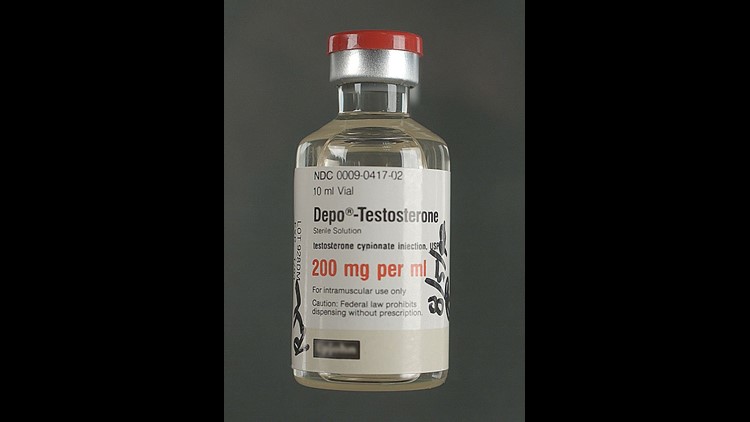Testosterone deficiency is diagnosed in 2.3 million adult men and the benefits to taking testosterone supplements are touted in advertisements across the country. As a result, prescriptions for testosterone products shot up over 400% since the early 2000. Last week the FDA issued a warning to doctors and patients about the increased risk of heart attacks and strokes associated with the use of testosterone in men and that it should not be used in people without severe deficiencies who are looking to reduce symptoms such as low libido.
Normal blood concentrations of testosterone can vary widely from 300 to 1,200ng/dL. In a consensus document, those with testosterone concentrations below 230ng/dL who have signs and symptoms of low muscle mass, increase fat accumulation around the midsection, low energy, lack of sexual interest, depression, and erectile dysfunction could be treated but some physicians are treating people who are in the lower end of normal or just barely below normal and this is where the debate really lies. Using this more liberal definition, about 20% of 60 year olds and 50% of 80 year olds will meet the criteria for testosterone supplementation versus a much smaller 5-15% of people with the more severe testosterone deficiency.
There is an increase in lean body mass which means more muscle and less fat. There are improvements in leg stability strength and hand grip strength as well some bone mineral density benefits. People may report and increased interest in sexual activity, less erectile dysfunction, and more energy. However, these benefits need to be balanced against side effects which are just starting to become more obvious as the use of the products increase.
The main side effects include increased growth rate for testosterone receptor positive tumors like those in the prostate, breast, and liver; and increased aggressiveness. Last week, the FDA indicated a new warning for testosterone products where two current studies show an increased risk of heart attacks and strokes which may be related to testosterone’s raising of bad cholesterol, lowering of good cholesterol, and increasing red blood cell count which can be good to a point but then makes it harder to circulate the thick blood around the body. Since the benefits are mostly related to quality of life issues and the side effects are related to survival, most men should shy away from supplementing with testosterone.
If you have prostate cancer, liver cancer, or breast cancer, do not take therapy. If you have heart disease, I would recommend against it. For everyone else, I would want to be sure that signs and symptoms you want to use testosterone for are truly due to testosterone deficiency. Hypothyroidism can cause many of the same issues and diseases like diabetes can impact erectile function directly. I would be leery if my levels were not in the significantly deficient range, below 230ng/dL, and would ask to be supplemented only to the low end of a normal testosterone level, not the top. Finally, if I was receiving supplementation and not feeling better after several months, I would ask to stop therapy because the risks are not being balanced out by the benefits.



